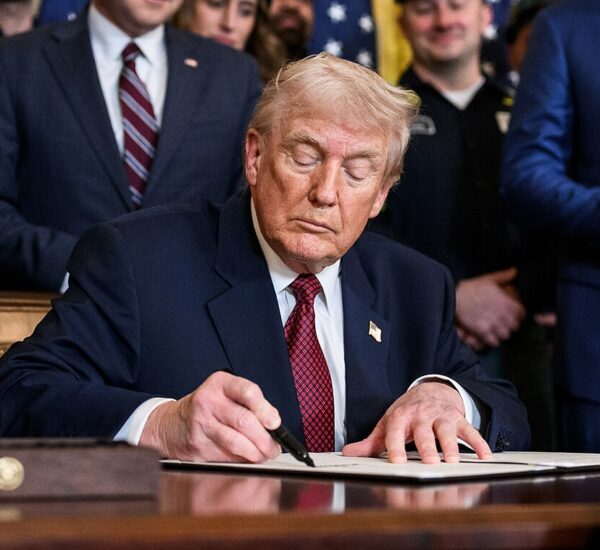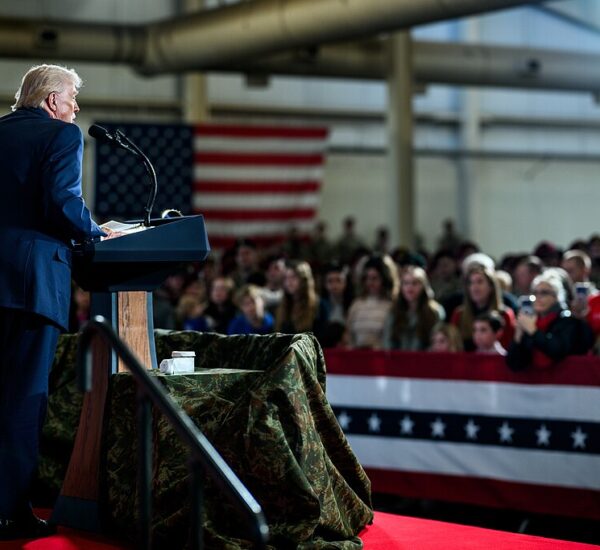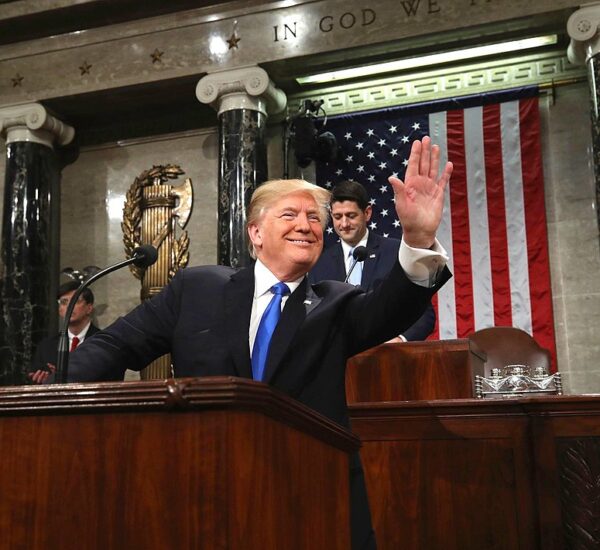Left Panics Over Trump’s New Suspension Plan
The Trump administration is taking a hard look at a powerful legal tool to stop the chaos at America’s southern border — the possible suspension of habeas corpus, the legal right that allows detainees to challenge their detention in court.
This potential move is being considered as part of President Donald Trump’s ongoing mission to end illegal immigration, protect American citizens, and restore law and order — despite a wave of activist judges and legal roadblocks.
Trump’s Top Immigration Adviser: “We’re Actively Looking At It”
White House Deputy Chief of Staff Stephen Miller confirmed on Friday that the administration is reviewing the constitutional authority to suspend habeas corpus in the face of what he described as an invasion of the U.S. border.
“The Constitution is clear. In times of rebellion or invasion, the government has the authority to suspend the writ of habeas corpus,” Miller told reporters. “It’s an option we’re actively looking at.”
Miller emphasized that if the courts refuse to enforce immigration law as written, the administration may be forced to act to safeguard the nation’s borders and prevent further harm to the American people.
Legal Pushback From the Left — But the Constitution Says Otherwise
Former federal prosecutor Jeffrey Toobin, now a CNN commentator, pushed back against the idea on air, calling the move “a wild step.” He claimed that only Abraham Lincoln had ever taken such action without Congress during the Civil War — a time when the nation was literally tearing apart.
Toobin also cited the legal tradition of habeas corpus, which dates back to the Magna Carta in the 13th century. But critics like Toobin often ignore the fact that our Founding Fathers included specific language in the U.S. Constitution to allow for its suspension when national survival is at stake.
When Has Habeas Corpus Been Suspended in American History?
According to the National Constitution Center, the writ has been suspended only four times in U.S. history:
- During the Civil War by Abraham Lincoln
- In parts of South Carolina during Reconstruction to crush the KKK
- In the Philippines in 1905 amid armed insurrection
- After Pearl Harbor in 1941, when Hawaii was placed under martial law
In every case, national security, sovereignty, and public safety came first — just as they must now.
Border Crisis Meets Constitutional Power
President Trump has made border security a cornerstone of his America First agenda. With illegal immigration straining communities, overwhelming law enforcement, and threatening American jobs, the question isn’t whether action should be taken — it’s how far the government is willing to go to protect the nation.
According to the Constitution, the right to habeas corpus can only be suspended in situations involving rebellion or invasion, and only when public safety demands it.
Conservatives understand what’s at stake. The surge at the southern border isn’t just a policy debate — it’s a national security emergency. The Trump administration is signaling it will do what it takes to stop the chaos and restore order, even if that means invoking one of the Constitution’s most powerful safeguards.






